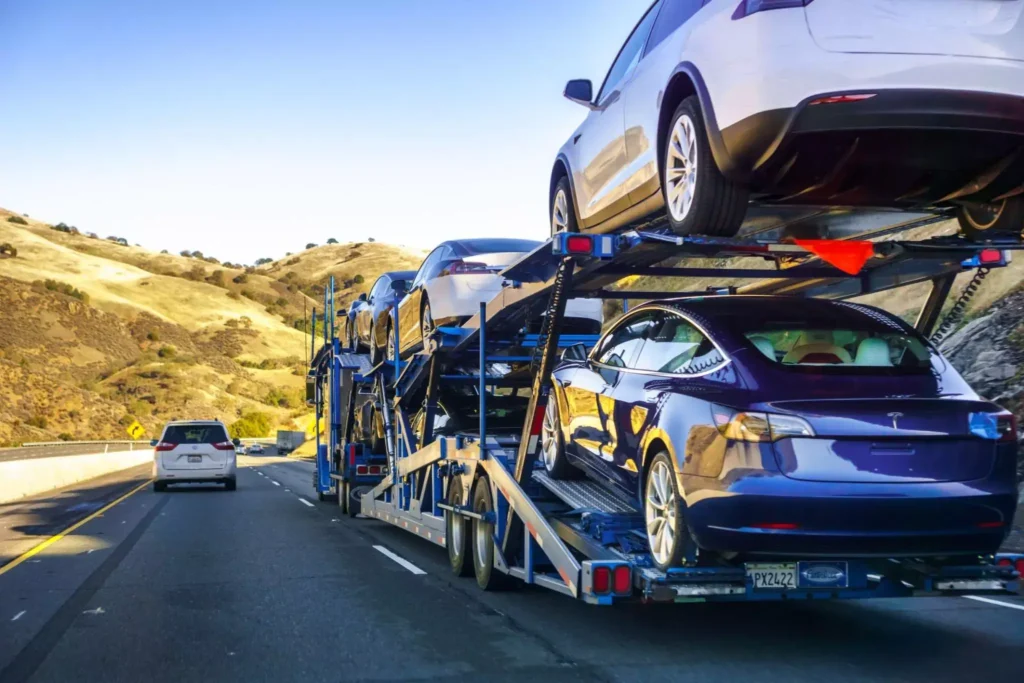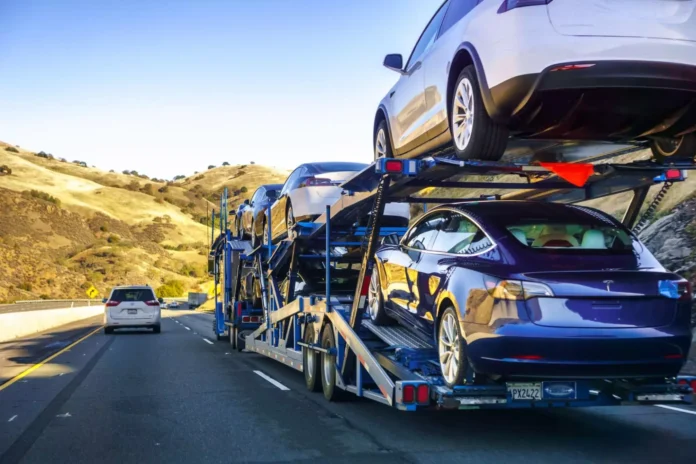Introduction
The non-CDL car hauling business is a lucrative industry that involves transporting vehicles without the need for a commercial driver’s license. Starting a non-CDL car hauling business requires a solid plan to ensure success. In this article, we will discuss the importance of starting with a solid plan and provide tips on how to create one.

Understanding the Non-CDL Car Hauling Business
Non-CDL car hauling involves transporting vehicles using a truck or trailer that does not require a commercial driver’s license. This type of business can transport a variety of vehicles, including cars, trucks, and SUVs. Common routes and destinations include transporting vehicles from dealerships to customers, moving vehicles for individuals who are relocating, and transporting vehicles for auctions.
Researching the Market and Competition
Before starting a non-CDL car hauling business, it is essential to research the market and competition. Identifying potential customers is crucial to the success of the business. Analyzing the competition can help determine pricing strategies and identify ways to differentiate the business from competitors.
Creating a Business Plan
A business plan is a crucial component of starting any business, including a non-CDL car hauling business. A business plan should include key components such as a mission statement, market analysis, marketing strategy, financial projections, and an operations plan. Tips for creating a successful plan include conducting thorough research, seeking feedback from industry experts, and being realistic about financial projections.
Obtaining Necessary Licenses and Permits
Starting a non-CDL car hauling business requires obtaining necessary licenses and permits. This includes a USDOT number, MC number, and state permits. It is essential to comply with all regulations to avoid fines and legal issues.
Securing Financing and Insurance
Securing financing and insurance is crucial to starting a non-CDL car hauling business. Options for financing include traditional bank loans, SBA loans, and equipment financing. Types of insurance needed include liability insurance, cargo insurance, and physical damage insurance. Tips for finding affordable insurance include shopping around and working with an insurance broker.
Purchasing the Right Equipment
Purchasing the right equipment is essential to starting a non-CDL car hauling business. Types of equipment needed include a truck or trailer, tie-downs, and ramps. Factors to consider when purchasing equipment include the type of vehicles being transported, the weight capacity of the equipment, and the cost. Tips for finding quality equipment at a reasonable price include shopping around, buying used equipment, and working with reputable dealers.
Building a Strong Customer Base
Building a strong customer base is crucial to the success of a non-CDL car hauling business. Marketing strategies include creating a website, advertising in local publications, and attending industry events. Providing excellent customer service is also essential to building long-term relationships with customers.
Maintaining and Growing Your Non-CDL Car Hauling Business
Maintaining and growing a non-CDL car hauling business requires ongoing maintenance and repairs of equipment. Strategies for expanding the business include adding additional trucks or trailers, expanding the service area, and offering additional services such as storage or detailing. Staying competitive in the market requires staying up to date on industry trends and continuously improving the business.
Conclusion
Starting a non-CDL car hauling business requires a solid plan and a commitment to success. By understanding the industry, researching the market and competition, creating a business plan, obtaining necessary licenses and permits, securing financing and insurance, purchasing the right equipment, building a strong customer base, and maintaining and growing the business, entrepreneurs can succeed in this lucrative industry.


